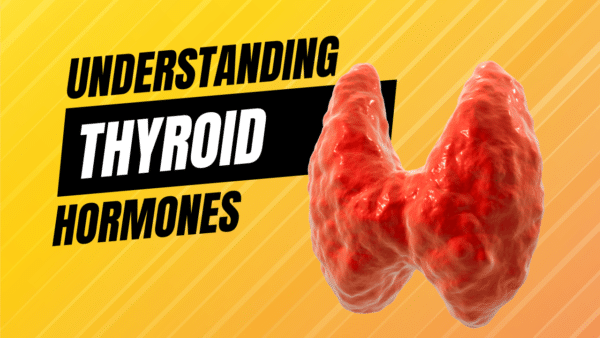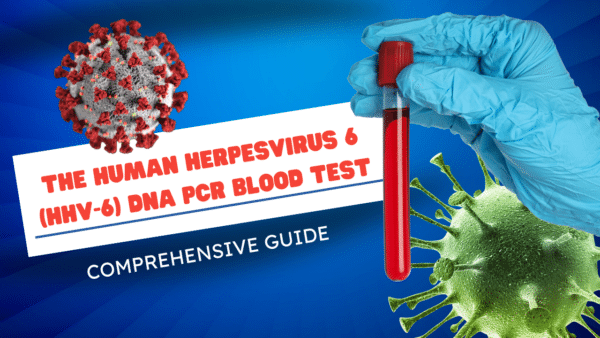Hormones are powerful chemical messengers in the body, orchestrating a range of vital functions. They play a crucial role in regulating mood, growth, metabolism, and reproductive processes. Understanding the complex world of hormones is essential for maintaining optimal health and well-being.
Types of Hormones and Their Functions
Growth and Development Hormones
Growth hormone, predominantly secreted by the pituitary gland, is essential for physical growth and development. It stimulates the growth of bone and muscle, playing a pivotal role during childhood and adolescence.
Metabolic Hormones
Thyroid hormones, like thyroxine (T4) and triiodothyronine (T3), are key players in metabolism regulation. They influence how the body uses energy, thereby impacting weight, energy levels, and body temperature.
Stress Response Hormones
Cortisol, often termed the ‘stress hormone’, is released by the adrenal glands. It helps the body respond to stress by increasing glucose in the bloodstream and enhancing the brain’s use of glucose.
Reproductive Hormones
Estrogen and progesterone in women, and testosterone in men, are crucial for sexual development and reproduction. They regulate menstrual cycles, pregnancy, and secondary sexual characteristics.
Sleep Regulation Hormones
Melatonin, produced by the pineal gland, is vital for sleep regulation. It helps synchronize the body’s circadian rhythms, promoting healthy sleep patterns.
Hormonal Imbalances: Causes and Effects
Common Causes of Imbalances
Hormonal imbalances can stem from a variety of sources, including medical conditions like diabetes, thyroid disorders, and adrenal insufficiency. Lifestyle factors such as stress, poor diet, and lack of exercise also play a role.
Effects on Health
Imbalances can lead to various health issues, such as obesity, diabetes, insomnia, depression, infertility, and more. Recognizing and addressing these imbalances is crucial for maintaining health and quality of life.
Hormones and Aging
Hormone levels naturally change as we age. For instance, women experience menopause, marked by a decrease in estrogen and progesterone, while men experience a gradual decline in testosterone. Understanding these changes can help manage age-related health issues effectively.
Advances in Hormone Research and Treatment
Recent advancements in hormone research have led to better diagnostic techniques and treatments. Hormone replacement therapy, lifestyle modifications, and personalized medicine are making significant strides in managing hormonal issues.
Conclusion: Empowering Through Knowledge
A deep understanding of hormones and their impact on the body is empowering. It enables informed decisions about health, leading to better overall well-being. Regular check-ups and consultations with healthcare providers are essential in maintaining hormonal balance and health.

